On May 29, 2025, Chinese students in the US woke up to shocking news. The Trump administration announced plans to “aggressively revoke visas” for Chinese students, especially those linked to the Chinese Communist Party or studying in critical fields like science and technology. This move, led by Secretary of State Marco Rubio, has caused widespread fear and anger. For students chasing the American dream, their future now feels uncertain. At AMERICA NEWS WORLD (ANW), we dive into this issue, exploring its impact on students, families, and global education. Visit america112.com for more updates.
 for more updates.### A Sudden Blow to DreamsKiwi Zhang, a computer science PhD student, was full of hope. He had just presented his research at a conference in Asia. But last week, his dream was crushed at the US border. Officials detained him for 48 hours, took his phone and laptop, and questioned him about ties to the Chinese Communist Party. Zhang, who used a pseudonym for safety, was deported and banned from the US for five years. He denies sharing his research with China’s government. “I never thought this could happen,” he told **CNN**. “I feel powerless.”Zhang’s story is not alone. Many Chinese students now fear the same fate. The announcement came suddenly, leaving students and families confused. Social media platforms like **Reddit** and **X** buzzed with panic. Student chat groups exploded with messages. Education consultants, like Nelson Urena Jr. in Shanghai, received countless calls from worried parents. “It’s chaos,” Urena said. “Students don’t know what to do.”### Why This MattersFor years, Chinese students have flocked to the US for its top universities. Until recently, they were the largest group of international students, adding billions to the US economy. They also boosted research in fields like technology and science. But tensions between the US and China have grown. Both nations now guard their tech secrets closely. In 2020, Trump banned visas for some Chinese STEM students, affecting over 1,000 people. That policy stayed under Biden. Now, Rubio’s vague statement has raised the stakes.The fear is real. Students like David Yang, a chemistry PhD student, can’t focus on their work. “It’s surreal,” Yang said. “I keep checking the news, worried I’ll be next.” Many students, afraid to use their real names, shared similar stories on **Quora** and **Brainly**. The policy targets students in “critical fields” like computer science and chemistry. It also flags those with ties to the Communist Youth League, a common group for Chinese high schoolers. “It’s like they’re targeting all of us,” Yang added.*Image: A student at Harvard’s commencement wears a cap supporting international students (Source: Google Images, Brian Snyder/Reuters)* *Caption*: Harvard students rally for international peers amid visa ban fears.### The Numbers: A Declining TrendThe number of Chinese students in the US has dropped since its peak in 2019-2020. The pandemic played a role, but so did US-China tensions. Here’s a look at the data:| **Year** | **Chinese Students in US** | **Percentage of Total International Students** ||----------------|----------------------------|-----------------------------------------------|| 2019-2020 | 372,000 | 37% || 2022-2023 | 289,000 | 29% || 2024-2025 | 260,000 (est.) | 26% (est.) |*Graph: Decline in Chinese Students (Mobile and Desktop Compatible)* - 2019-2020: ■■■■■■■■ 372,000 students - 2022-2023: ■■■■■■ 289,000 students - 2024-2025: ■■■■■ 260,000 students This graph, optimized for mobile and desktop, shows a clear decline. The new visa policy could accelerate this trend, pushing students to countries like Canada, the UK, or Australia.### Voices of Fear and FrustrationJoyce, a Harvard-bound architecture student, feels trapped. Her visa is valid, but she’s scared to visit China. “What if I can’t come back?” she asked. Her story resonates with many. On **X**, students vented their anger. One post read, “We’re just students, not spies!” China’s foreign ministry called the policy “discriminatory” and a “pretext” for political motives.Ella Liu, a math student at the University of Michigan, is praying she can return to the US in June. “I love studying here,” she said. “But I might go to France if this continues.” Liu’s family saved for years to afford US tuition, which can exceed $80,000 a year. Other countries offer cheaper options, making them appealing alternatives.### A Broader ImpactThe policy doesn’t just affect students. It strains US-China relations further. Beijing warned that the ban could harm America’s image as an open society. Zichen Wang, a Beijing-based researcher, lamented the loss of a golden era. “Chinese students used to bring back respect for America’s openness,” he said. “This policy changes that.”Universities are also hit hard. Harvard faced a brief ban on enrolling international students, though a court blocked it. Still, the State Department halted new visa appointments globally. This could cost schools billions in tuition revenue. Posts on **Reddit** and **Chegg Study** highlight fears that US universities will lose their global edge.### Alternatives and HopesSome students are looking elsewhere. Canada, Australia, and Hong Kong are gaining interest. “France has great math programs,” Liu noted. Nelson Urena Jr. said families are worried about safety and welcome in the US. Issues like gun violence and anti-Asian sentiment add to their concerns. On **WikiHow** and **eHow**, students search for tips on studying abroad safely.Yet, some still see the US as the gold standard. Arno Huang, a businessman from Fujian, wants his kids to study in the US. “It’s about prestige,” he said. “It gives our family pride.” But with visa bans looming, that dream feels distant for many.### Stay Informed with AMERICA NEWS WORLDAt **AMERICA NEWS WORLD (ANW)**, we’re committed to covering global stories like this. Visit [america112.com](https://america112.com) for the latest on US-China relations and education news. Our site offers updates for readers in the USA, India, and beyond, whether you’re a student or a parent.The policy’s details are unclear. How many students will be affected? When will revocations start? These questions fuel anxiety. Students like Yang are canceling trips home, fearing deportation. Others, like Liu, are exploring options in Europe. The uncertainty is taking a toll. “It’s hard to focus,” Yang said. “This stress is real.”For now, Chinese students wait nervously. Their dreams of studying in the US hang in the balance. **AMERICA NEWS WORLD (ANW)** will keep you updated. Check [america112.com](https://america112.com) for the latest news.](https://i0.wp.com/america112.com/wp-content/uploads/2025/05/01-2025-05-29t163945z-1719810810-rc2qrea9q69e-rtrmadp-3-usa-commencement-harvard.webp?resize=800%2C450&ssl=1)
A Sudden Blow to Dreams
Kiwi Zhang, a computer science PhD student, was full of hope. He had just presented his research at a conference in Asia. But last week, his dream was crushed at the US border. Officials detained him for 48 hours, took his phone and laptop, and questioned him about ties to the Chinese Communist Party. Zhang, who used a pseudonym for safety, was deported and banned from the US for five years. He denies sharing his research with China’s government. “I never thought this could happen,” he told CNN. “I feel powerless.”
Zhang’s story is not alone. Many Chinese students now fear the same fate. The announcement came suddenly, leaving students and families confused. Social media platforms like Reddit and X buzzed with panic. Student chat groups exploded with messages. Education consultants, like Nelson Urena Jr. in Shanghai, received countless calls from worried parents. “It’s chaos,” Urena said. “Students don’t know what to do.”
Why This Matters
For years, Chinese students have flocked to the US for its top universities. Until recently, they were the largest group of international students, adding billions to the US economy. They also boosted research in fields like technology and science. But tensions between the US and China have grown. Both nations now guard their tech secrets closely. In 2020, Trump banned visas for some Chinese STEM students, affecting over 1,000 people. That policy stayed under Biden. Now, Rubio’s vague statement has raised the stakes.
The fear is real. Students like David Yang, a chemistry PhD student, can’t focus on their work. “It’s surreal,” Yang said. “I keep checking the news, worried I’ll be next.” Many students, afraid to use their real names, shared similar stories on Quora and Brainly. The policy targets students in “critical fields” like computer science and chemistry. It also flags those with ties to the Communist Youth League, a common group for Chinese high schoolers. “It’s like they’re targeting all of us,” Yang added.

Image: A student at Harvard’s commencement wears a cap supporting international students (Source: Google Images, Brian Snyder/Reuters)
Caption: Harvard students rally for international peers amid visa ban fears.
The Numbers: A Declining Trend
The number of Chinese students in the US has dropped since its peak in 2019-2020. The pandemic played a role, but so did US-China tensions. Here’s a look at the data:
| Year | Chinese Students in US | Percentage of Total International Students |
|---|---|---|
| 2019-2020 | 372,000 | 37% |
| 2022-2023 | 289,000 | 29% |
| 2024-2025 | 260,000 (est.) | 26% (est.) |
Graph: Decline in Chinese Students (Mobile and Desktop Compatible)
- 2019-2020: ■■■■■■■■ 372,000 students
- 2022-2023: ■■■■■■ 289,000 students
- 2024-2025: ■■■■■ 260,000 students
This graph, optimized for mobile and desktop, shows a clear decline. The new visa policy could accelerate this trend, pushing students to countries like Canada, the UK, or Australia.
Voices of Fear and Frustration
Joyce, a Harvard-bound architecture student, feels trapped. Her visa is valid, but she’s scared to visit China. “What if I can’t come back?” she asked. Her story resonates with many. On X, students vented their anger. One post read, “We’re just students, not spies!” China’s foreign ministry called the policy “discriminatory” and a “pretext” for political motives.
Ella Liu, a math student at the University of Michigan, is praying she can return to the US in June. “I love studying here,” she said. “But I might go to France if this continues.” Liu’s family saved for years to afford US tuition, which can exceed $80,000 a year. Other countries offer cheaper options, making them appealing alternatives.
A Broader Impact
The policy doesn’t just affect students. It strains US-China relations further. Beijing warned that the ban could harm America’s image as an open society. Zichen Wang, a Beijing-based researcher, lamented the loss of a golden era. “Chinese students used to bring back respect for America’s openness,” he said. “This policy changes that.”
Universities are also hit hard. Harvard faced a brief ban on enrolling international students, though a court blocked it. Still, the State Department halted new visa appointments globally. This could cost schools billions in tuition revenue. Posts on Reddit and Chegg Study highlight fears that US universities will lose their global edge.
Alternatives and Hopes
Some students are looking elsewhere. Canada, Australia, and Hong Kong are gaining interest. “France has great math programs,” Liu noted. Nelson Urena Jr. said families are worried about safety and welcome in the US. Issues like gun violence and anti-Asian sentiment add to their concerns. On WikiHow and eHow, students search for tips on studying abroad safely.
Yet, some still see the US as the gold standard. Arno Huang, a businessman from Fujian, wants his kids to study in the US. “It’s about prestige,” he said. “It gives our family pride.” But with visa bans looming, that dream feels distant for many.
Stay Informed with AMERICA NEWS WORLD
At AMERICA NEWS WORLD (ANW), we’re committed to covering global stories like this. Visit america112.com for the latest on US-China relations and education news. Our site offers updates for readers in the USA, India, and beyond, whether you’re a student or a parent.
The policy’s details are unclear. How many students will be affected? When will revocations start? These questions fuel anxiety. Students like Yang are canceling trips home, fearing deportation. Others, like Liu, are exploring options in Europe. The uncertainty is taking a toll. “It’s hard to focus,” Yang said. “This stress is real.”
For now, Chinese students wait nervously. Their dreams of studying in the US hang in the balance. AMERICA NEWS WORLD (ANW) will keep you updated. Check america112.com for the latest news.
Discover more from AMERICA NEWS WORLD
Subscribe to get the latest posts sent to your email.
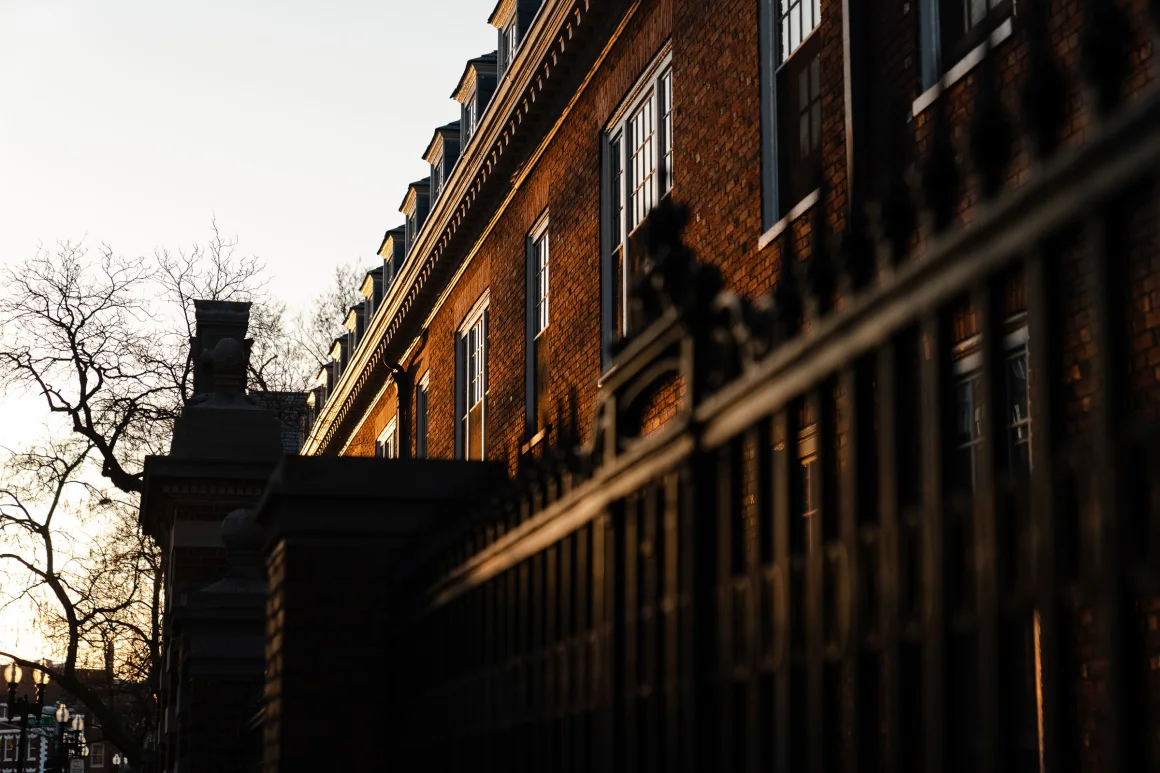






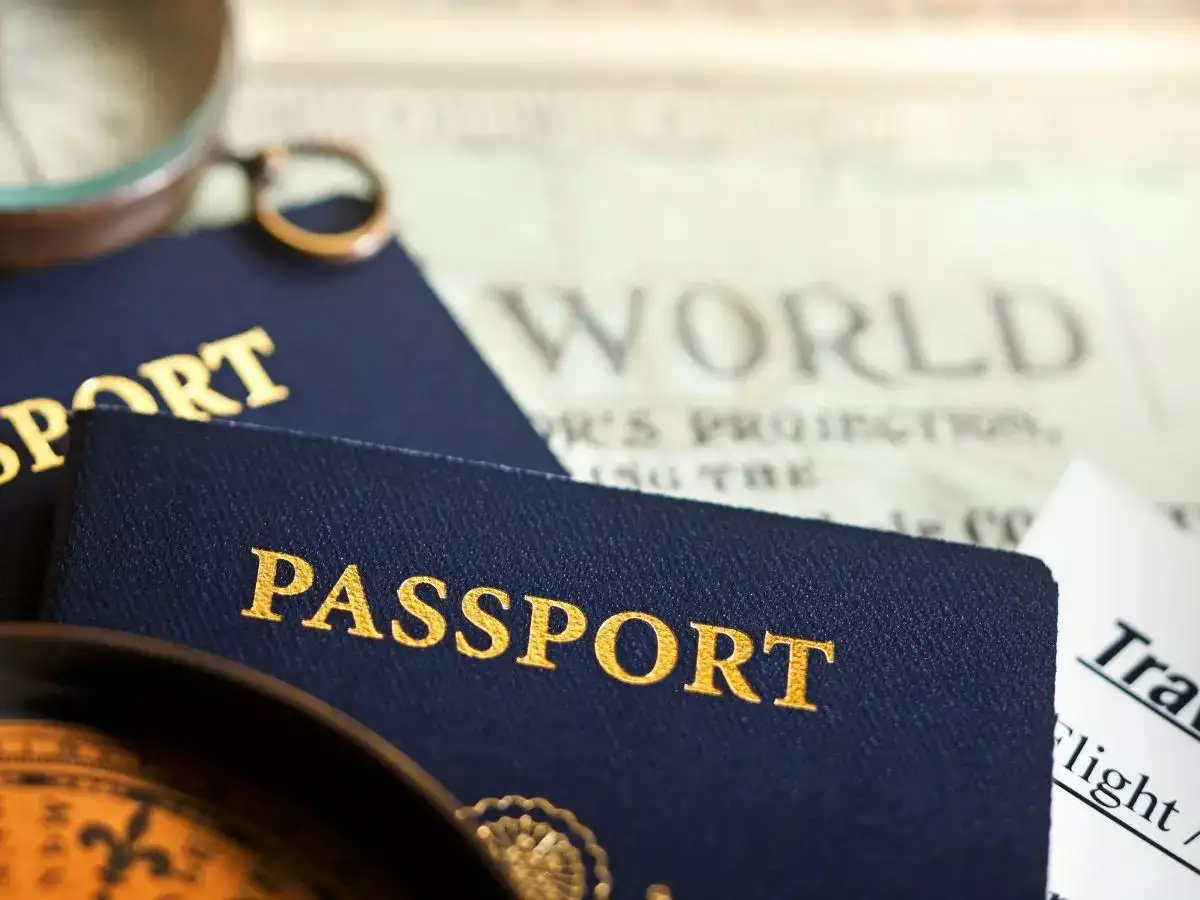






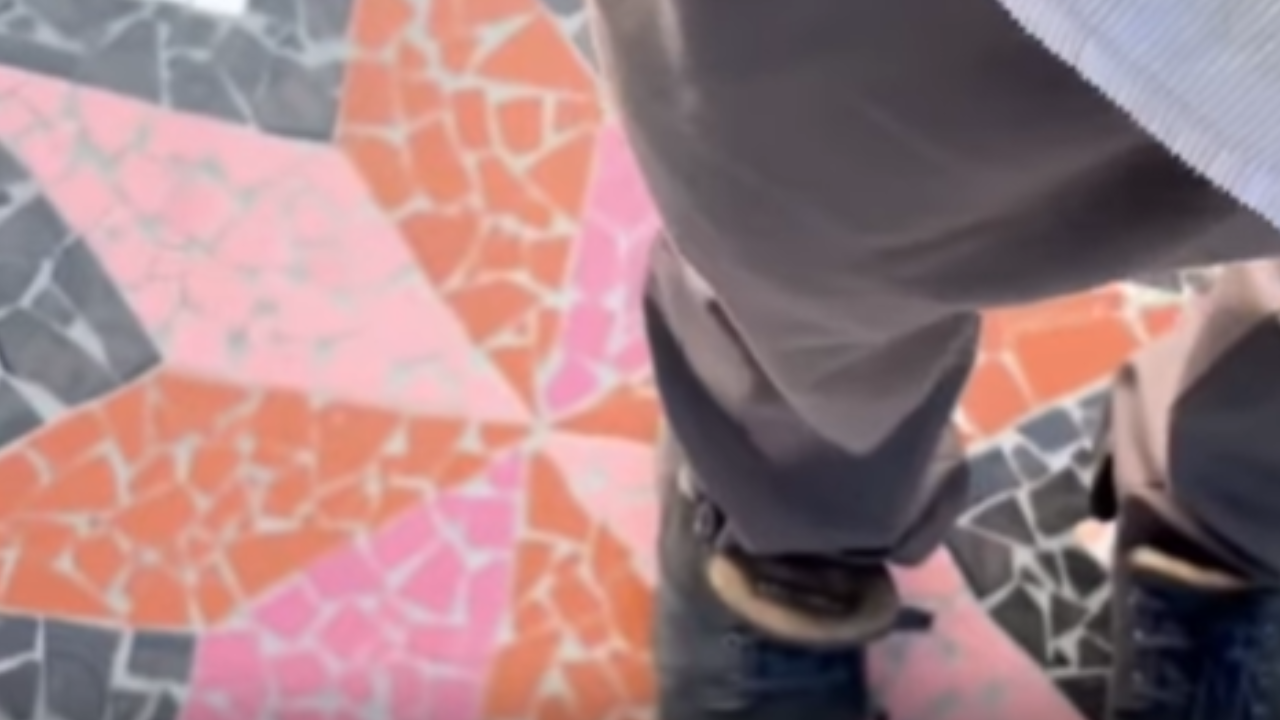
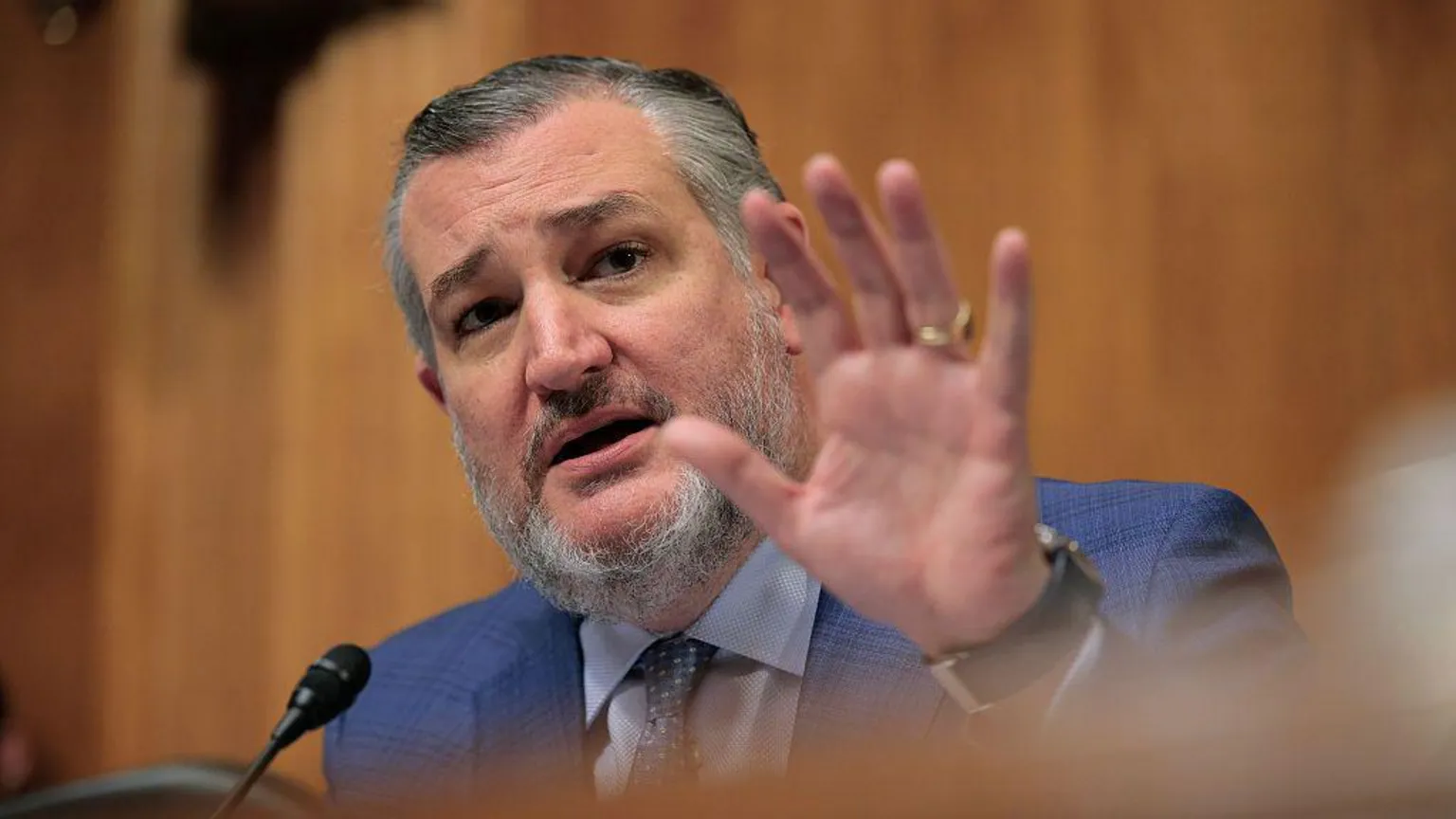
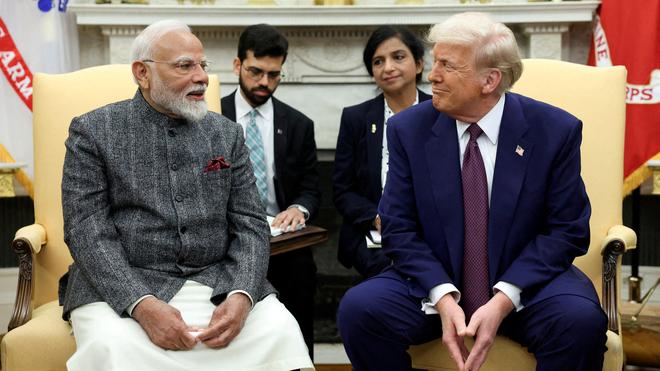




















![Smoke rises after Israeli strikes in Beirut's southern suburbs, on March 2 [Mohamad Azakir/Reuters]](https://america112.com/wp-content/uploads/2026/03/hgh.webp)


Iran Shuts Airspace: Global Flights Hit by Delays - AMERICA NEWS WORLD
[…] also read:-Trump’s visa ban plan sparks fear among Chinese students […]